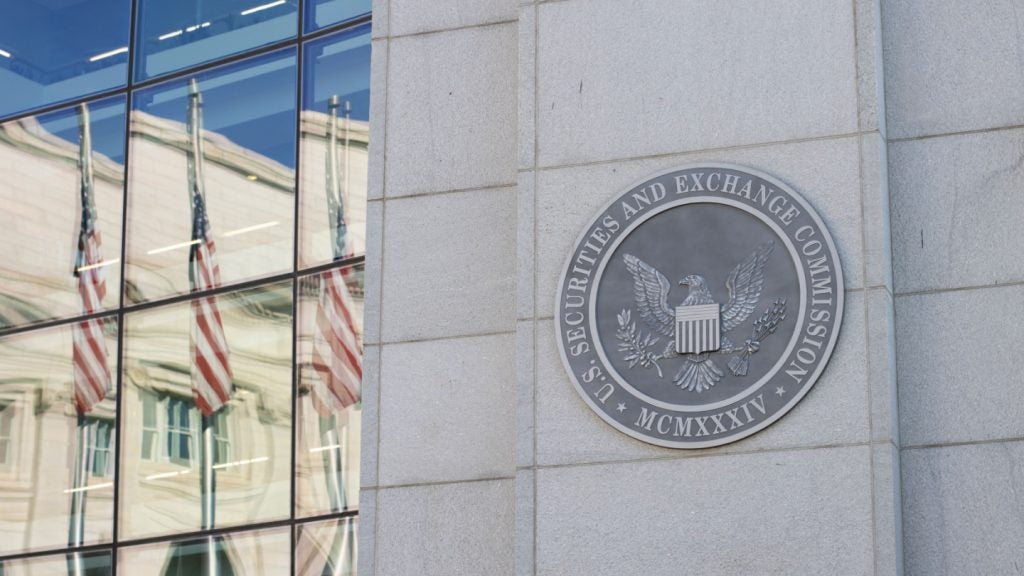The US Securities and Exchange Commission (SEC) has charged a Noblesville, Indiana, resident and his company with defrauding investors in a Ponzi scheme that targeted retirement savings.
The SEC alleges that John K. Marcum touted himself as a successful trader and asset manager to raise more than $6 million through promissory notes issued by his company Guaranty Reserves Trust. Marcum helped investors set up self-directed IRA accounts and gained control over their retirement assets, saying he would earn them strong returns on the promissory notes by day-trading in stocks while guaranteeing the safety of their principal investment. Yet Marcum did little actual trading and almost always lost money when he did. Throughout his scheme, Marcum provided investors with false account statements showing annual returns of more than 20 percent. Meanwhile, he used investor funds to pay for his luxurious personal lifestyle and finance several start-up companies.
The SEC obtained an emergency court order to freeze the assets of Marcum and his company.
"Marcum tricked investors into putting their retirement nest eggs in his hands by portraying himself as a talented trader who could earn high returns while eliminating the risk of loss," said Timothy L. Warren, Acting Director of the Chicago Regional Office. "Marcum tried to carry on his charade of success even after he squandered nearly all of the funds from investors."
According to the SEC’s complaint filed in federal court in Indianapolis, Marcum began his scheme in 2010. Investors gave Marcum control of their assets by either rolling their existing IRA accounts into the newly-established self-directed IRA accounts or by transferring their taxable assets directly to brokerage accounts that Marcum controlled. Marcum and certain investors co-signed the promissory notes, and Marcum then placed them in the IRA accounts.
The SEC alleges that Marcum assured investors he could safely grow their money through investments in widely-held publicly-traded stocks, and he promised annual returns between 10 percent and 20 percent. Marcum also told a number of investors that their principal was "guaranteed" and would never be at risk. He falsely told at least one investor that her principal would be federally insured. In the little trading he has done, Marcum has suffered losses amounting to more than $900,000. He has misappropriated the remaining investor funds for various unauthorized uses.
How well do you really know your competitors?
Access the most comprehensive Company Profiles on the market, powered by GlobalData. Save hours of research. Gain competitive edge.

Thank you!
Your download email will arrive shortly
Not ready to buy yet? Download a free sample
We are confident about the unique quality of our Company Profiles. However, we want you to make the most beneficial decision for your business, so we offer a free sample that you can download by submitting the below form
By GlobalDataAccording to the SEC’s complaint, Marcum used investor money as collateral for a $3 million line of credit at the brokerage firm where he used to work. He took frequent and regular advances from the line of credit to fund such start-up ventures as a bridal store, a bounty hunter reality television show, and a soul food restaurant owned and operated by the bounty hunters. None of these businesses appear to be profitable, and Marcum’s investors were not aware that their money was being used for these purposes. Marcum used nearly $1.4 million of investor money to make payments directly to the start-up ventures and other companies. He also used more than a half-million dollars to pay personal expenses accrued on credit card bills, including airline tickets, luxury car payments, hotel stays, sports and event tickets, and tabs at a Hollywood nightclub.
According to the SEC’s complaint, Marcum did not have the funds needed to honor investor redemption requests. So he provided certain investors with a "recovery plan" that revealed his intention to solicit funds from new investors so that he could pay back his existing investors. Marcum had a phone conversation with three investors in June 2013 and admitted that he had misappropriated investor funds and was unable to pay investors back. During this call, Marcum begged the investors for more time to recover their money. He offered to name them as beneficiaries on his life insurance policies, which he claimed include a "suicide clause" imposing a two-year waiting period for benefits. He suggested that if he is unsuccessful in returning their money, he would commit suicide to guarantee that they would eventually be repaid.
The SEC’s complaint alleges that Marcum and Guaranty Reserves Trust violated the antifraud provisions of the federal securities laws. The SEC sought and obtained emergency relief including a temporary restraining order and asset freeze. The SEC additionally seeks permanent injunctions, disgorgement of ill-gotten gains and financial penalties from Marcum and Guaranty Reserves Trust, and disgorgement of ill-gotten gains from Marcum Companies LLC, which is named as a relief defendant.
The SEC’s investigation was conducted by John J. Sikora, Jr., Brian D. Fagel, and Ann M. Tushaus in the Chicago Regional Office. The SEC’s litigation will be led by Robert Moye.







